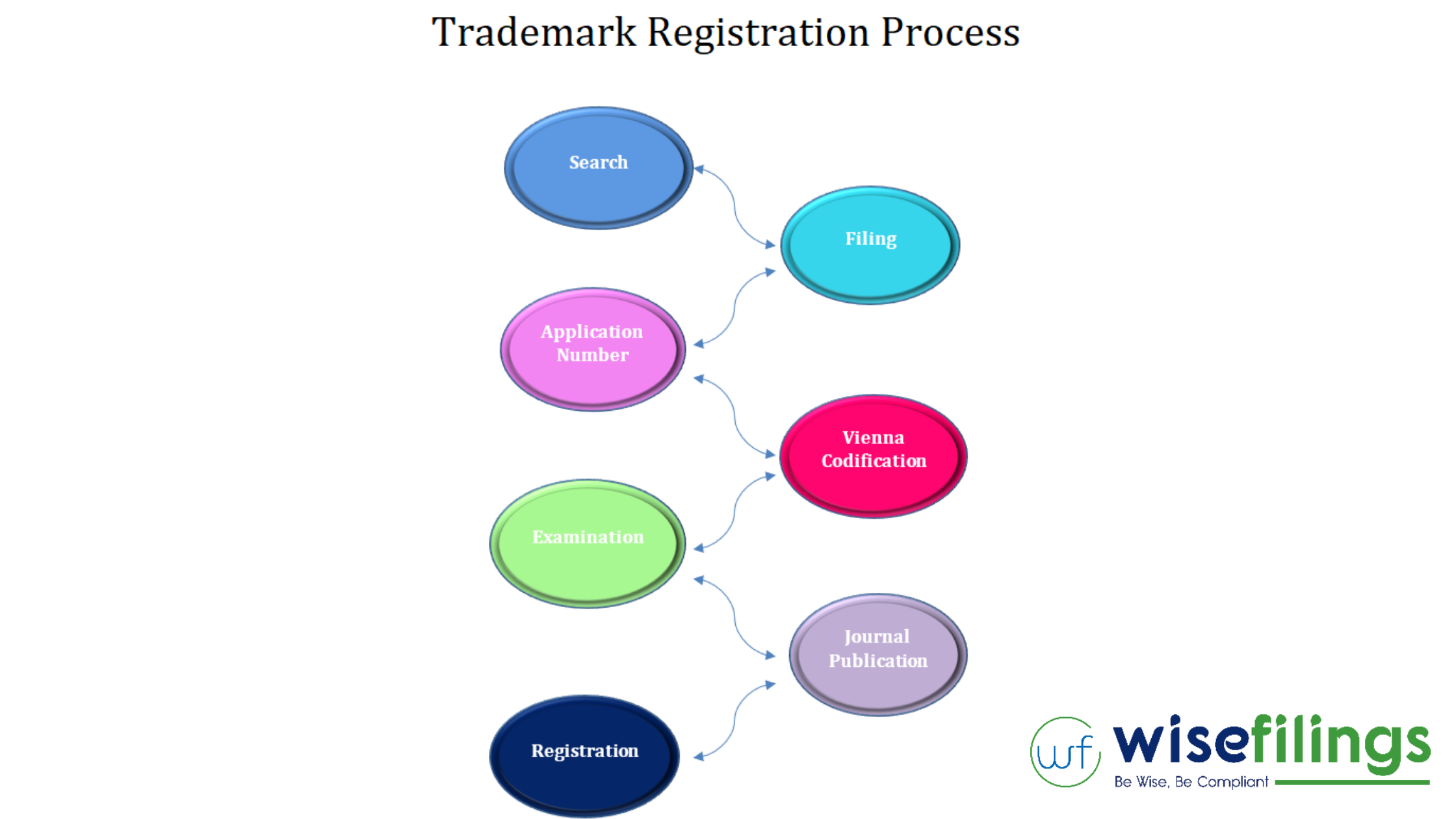Difference Between Director and Shareholder in a Company

We constantly hear the phrases director and shareholder in the business world, and we likely think we know about these terms and their functions. However, you may all be mistaken because we only have a rudimentary understanding of these phrases.
And as it is said that little knowledge about anything can be dangerous so here, we are going to share every detail about these important terms and know the difference between the two.
Director of the Company
Directors are the individuals who are elected to act as the representatives of all the shareholders of the company by implementing the decisions and policies and acting in the best interest of the company and shareholders.
A director manages and directs the company and its members. Collectively the directors are known as the Board of Directors. They handle the entire company and do all the policy forming related work and decision-making activities.
For starting a company minimum of two directors are required who are appointed after the approval of the shareholders and work according to the MOA & AoA or Memorandum of Association & the Articles of Association respectively. And a company can have a maximum of 15 directors.
As per the Companies Act, 2013 only a natural person can be a director, not any other legal entity. And before an appointment as a director, the candidate has to obtain a DIN or director’s identification number which is a must for every director.
The names of the first directors of the company are to be listed in the MOA & AoA of the company and afterward the directors can be appointed by the shareholders.
Directors have to involve and complete day–to–day functioning and management of the company and their most important part of the duty is to protect and preserve shareholders’ interest and holding in the company by taking effective and timely decisions of the company.
They also have to comply with the essential legal formalities of the company. They have to perform all the activities as prescribed in the AoA.
Directors become liable when they breach fiduciary duty or don’t act according to the roles prescribed for them in the Articles of Association or they do anything with bad intentions or are held responsible for neglecting the betterment of the company.
And for all of the above they can be subjected to legal proceedings as well and can be suspended as the directors. Further, a director can be removed if the shareholders want to remove a director if they proved to be disqualified on any grounds.
Just like the employees of the company a director is also paid for his services, time, expertise, and managerial skills offered to the company. The method of payment that how a director has to be paid is described in the AoA or can be decided at the time of appointment, and he has to be paid according to that.
Shareholder Of The Company
Shareholders can be understood as the real owners of the company who owns equity, shared in the company. The first shareholders of the company are actually termed as the subscribers of the company as per the AoA and MoA. The later shareholders can be added by issuing shares.
Unlike a director, a shareholder can be an individual, legal entity such as LLP, private limited or any trust, society, or any other artificial or juristic person. The maximum number of shareholders can be 200 in a private limited company not more than that.
If directors are the managers of the company, then shareholders are the real owners of the company whose duties are to make important decisions about the company such as on the MoA and AoA and declaration of dividend with other tasks.
Although directors are appointed by the shareholders of the company and can decide on their behalf, but they always remain under the supervision of the shareholders. Shareholders can control and even remove the directors if they find disqualified for the role.
Shareholders are protected against any liability but they can be liable to pay their unpaid when asked by the board of the company. Shareholders can’t be removed by anyone however a shareholder can transfer his shares to anyone. Removal of a shareholder is only subjected to a judicial body.
All the shareholders are entitled to a dividend as and when declared by the company whether annual or interim as per the company’s policies and an increase in their shareholdings if the price of the shares increases.
Conclusion
So now you know everything there is to know about a company’s director and shareholder, as well as how they differ from one another. Although both responsibilities are distinct from one another, they are both critical to the company’s success, and together, they are the only ones who can contribute to its growth. And yes, they can be the same person as a director and also a shareholder.



